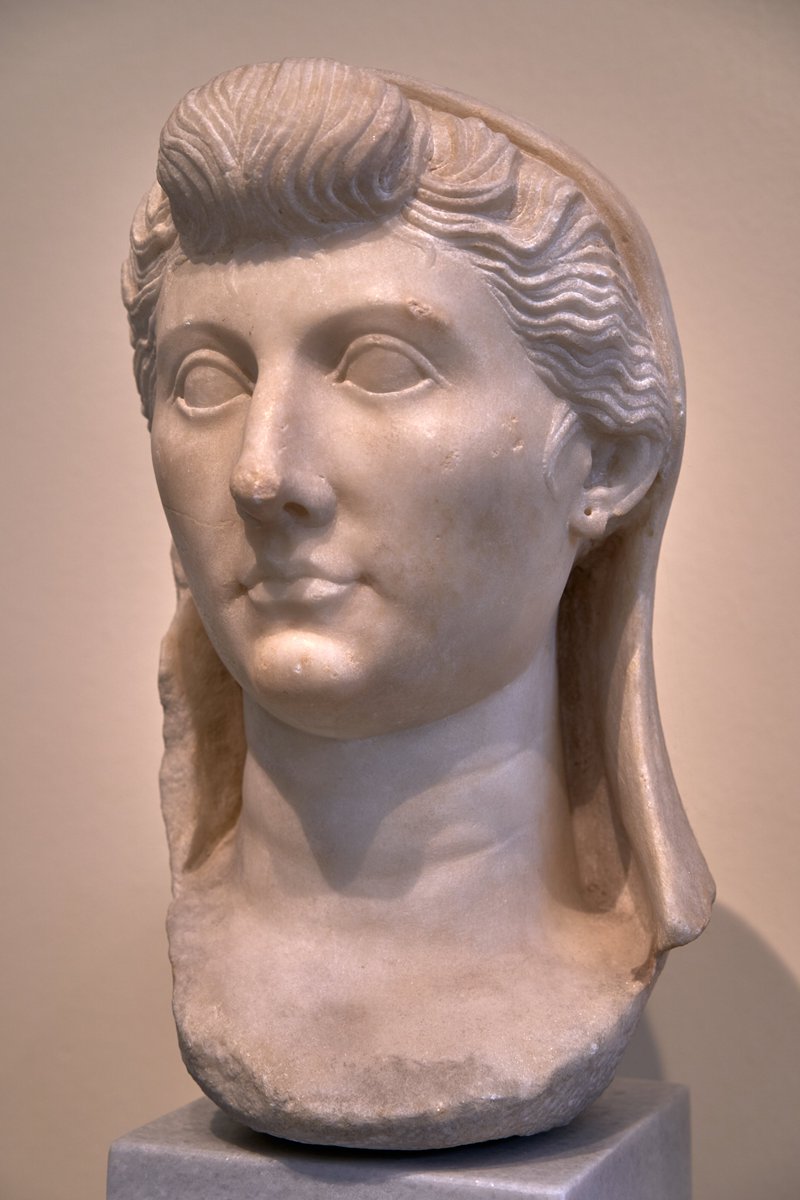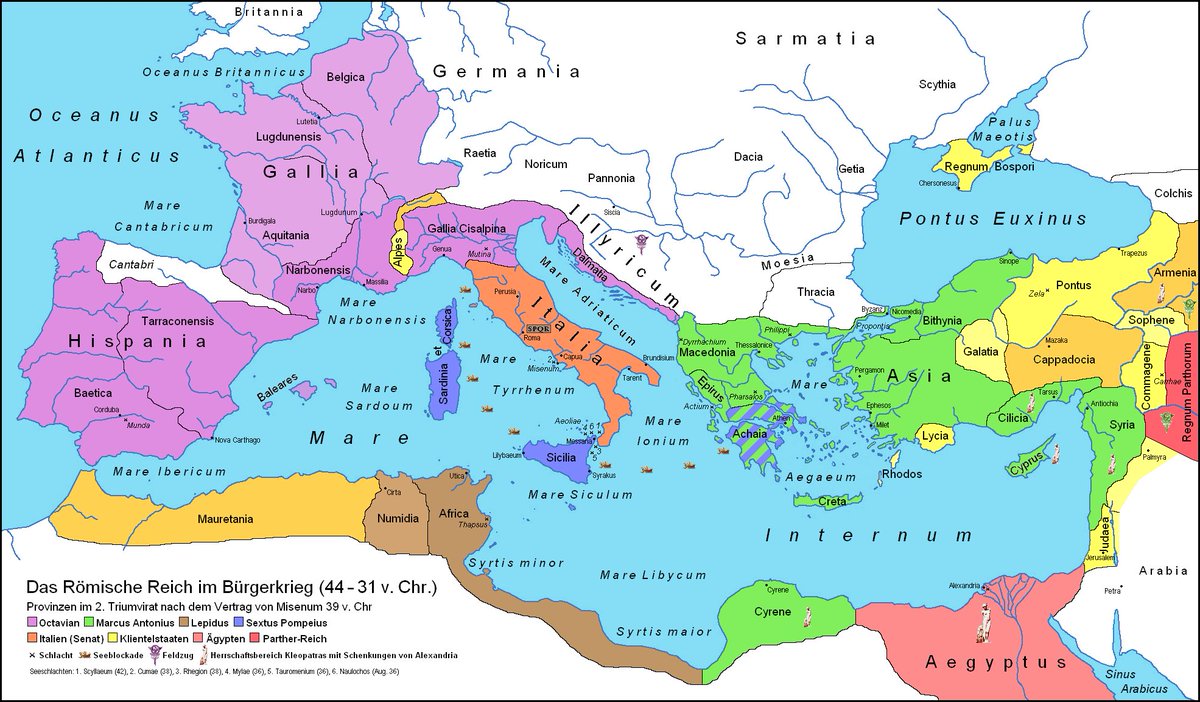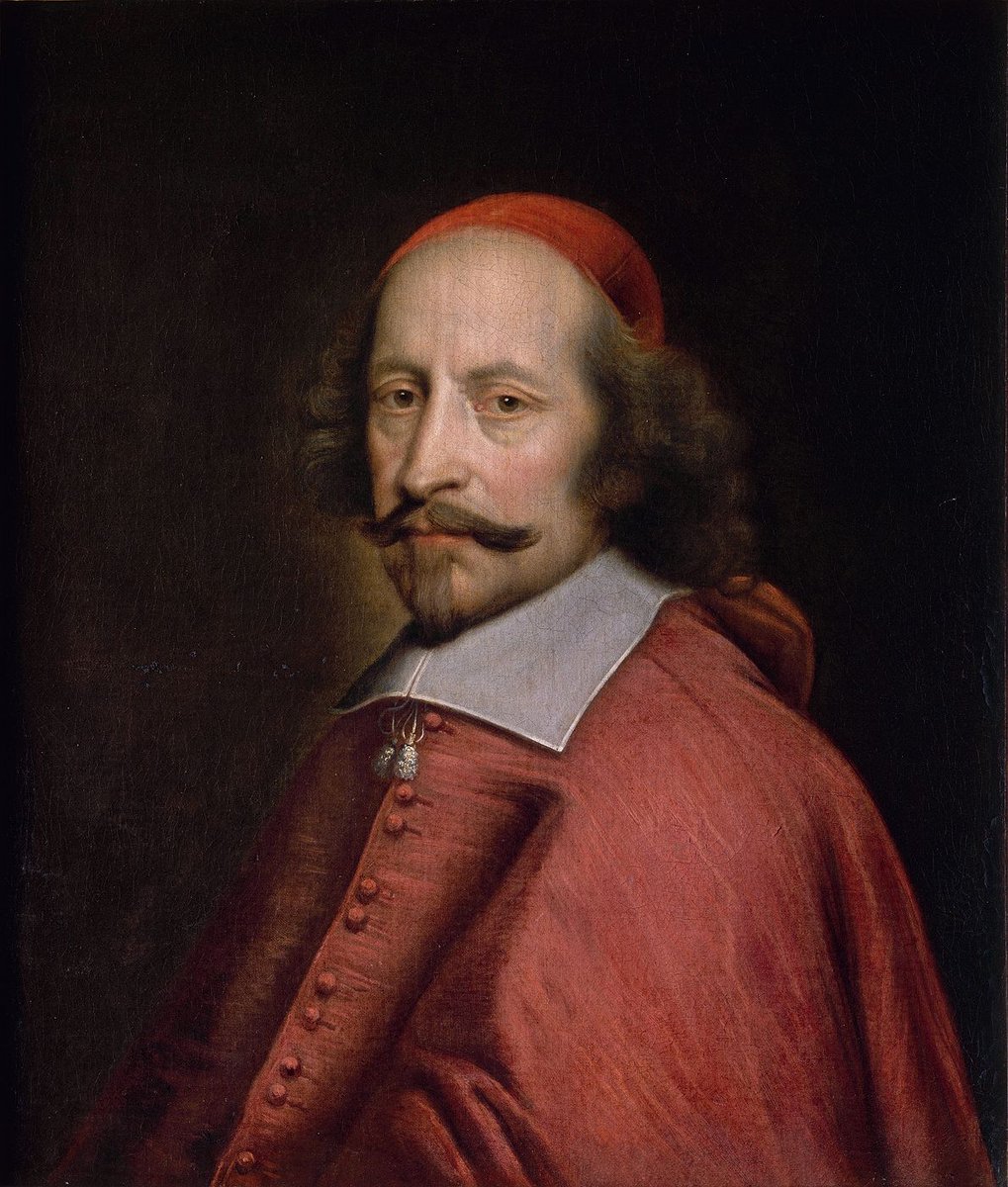
An old nation on the verge of collapse, a young city looking to replace it and a prince to guide both of them there.
Story in the evening ...
Story in the evening ...
https://twitter.com/Arby_K/status/1372737101519745028
Andrei Iurievich was born around 1111 to Iurii Vladimirovich, Prince of Rostov-Suzdal, and a Cuman princess.
For centuries, Kiev had been the capital of the Rus'. In 1149, Prince Iurii captured Kiev with the help of Cuman allies, but he could not hold onto it for long. 1/10
For centuries, Kiev had been the capital of the Rus'. In 1149, Prince Iurii captured Kiev with the help of Cuman allies, but he could not hold onto it for long. 1/10

Kievan Rus' originated in the 9th century, when Rurik and his brothers founded it. But by the time of Andrei, the state had been divided among Rurik's descendants into many principalities. The Grand Prince of Kiev was still the nominal overlord, but the city was in decline. 2/10 

Prince Iurii put Andrei in charge of Vladimir. It was a new city founded around 1108 by Iurii's father. In 1154, Iurii put his son in charge of Vyshgorod. But the prince quickly returned to Vladimir. Vladimir would remain Andrei's base of operations for the rest of his life. 3/10 

Prince Iurii became the Grand Prince of Kiev again in 1155. It is during this time the Prince is said to have fortified a town on the Moskva river, that later became Moscow. But Prince Iurii's reign in Kiev was short, since he died in 1158. Andrei succeeded in Rostov-Suzdal. 4/10 

Andrei made Vladimir the capital of Rostov-Suzdal, building it into a city, encouraging people to shift there. He launched successful military campaigns against the Volga Bulgars and in 1169, he set his sights on Kiev. The campaign, led by his son Mstislav, was successful. 5/10 



But unlike his father who moved to Kiev for rule, Andrei installed his brother Gleb as the Grand Prince and went back to Vladimir, enriching it further with loot from Kiev. Kiev was broken as a city and Vladimir had become the new centre of the Rus'. 6/10 

Andrei tried to dominate other Rus' states. He would have to be satisfied with his younger son, Iurii, becoming Prince of Novgorod briefly, when he tried to conquer the Novgorod Republic. His elder son, Mstislav, would die in battle against the Volga Bulgars in 1172. 7/10 

But his autocratic rule had its detractors. In 1175, Andrei would be killed by his courtiers. His eldest surviving brother, Mikhail, would inherit Rostov-Suzdal, but Prince Iurii would be expelled from Novgorod. By 1176, another brother, Vsevolod, was ruling Rostov-Suzdal. 8/10 

Vsevolod would build on his brother's efforts in strengthening Vladimir, extending his influence over Volga Bulgars, Novgorod & Ryazan. On his death in 1212, Vladimir was at its peak, but they would have to face its greatest foe, when Prince Iurii, son of Vsevolod, ruled. 9/10 

The Mongols had devastated the Principality of Kiev in their raids in 1223. In 1238, they returned, this time to invade. The forces of Batu Khan defeated and killed Iurii at the Battle of the Sit River. Rus' would be under Mongol suzerainty for the next couple of centuries. 10/10 



• • •
Missing some Tweet in this thread? You can try to
force a refresh














